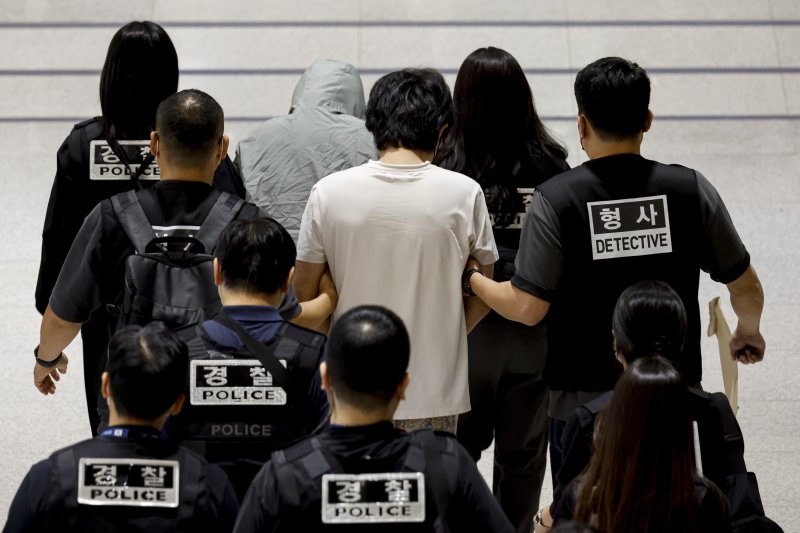I Thought It Was Love, But Lost 100 Billion Won: The Fear of AI-Driven Romance Scams
- Input
- 2025-11-05 14:46:23
- Updated
- 2025-11-05 14:46:23

According to data obtained by Han Byung-do, a member of the Security and Public Administration Committee from the Democratic Party of Korea (DPK), from the Korean National Police Agency (KNPA), reported losses from romance scams between January and September this year totaled 100 billion won. Compared to the 67.5 billion won in damages from February to December last year, the average monthly loss increased by 81%.
A romance scam typically involves perpetrators approaching victims through social networking services (SNS) or dating apps, building emotional connections, and then absconding with large sums of money under the pretense of investments or medical expenses. This method is also known as a core tactic of the Prince Holding Group, founded by Chen Zhi (38), who operated criminal compounds in the Kingdom of Cambodia. Investigations revealed that romance scam rings employ separate lures at each stage, from selecting targets to requesting money. Most operate as decentralized cells, making it difficult for law enforcement to track them down.
Some point out that technological advances are fueling a surge in romance scam cases. There has been a rise in incidents where scammers use deepfake technology to approach victims or manipulate screens to create the illusion of investment profits. On the 21st of last month, police requested the Kingdom of Cambodia authorities to swiftly extradite a couple in their 30s accused of running an investment scam using deepfake-generated images of women, defrauding over 100 people out of 12 billion won. According to the Ulsan District Court, one criminal group swindled more than 300 million won from four victims by manipulating screens to make it appear as if the value of their invested coins was rising.
Most perpetrators disguise their occupation, nationality, and even gender to approach victims. There have been cases where scammers used dating apps to pose as women or impersonated secretaries and securities firm managers. According to the Daejeon District Court, in June last year, a member of the second team of a Korean romance scam telecom fraud ring pretended to be a 28-year-old mixed-race woman living in Taiwan. After gaining the victim’s trust, the scammer lied that an investment would yield more than 7 million won per month, ultimately receiving a transfer of 48.9 million won.
Experts advise that systems for recovering or compensating victims of romance scams need to be improved. Under current law, romance scams are not classified as telecommunications financial fraud, unlike general voice phishing crimes, making it difficult to freeze accounts. Kim Dae-geun, a research fellow at the Korean Institute of Criminology and Justice (KICJ), noted, "With the development of SNS, criminal organizations can easily target large numbers of people, making such crimes more widespread. Systems like payment suspension need to be further improved."
There is also analysis that international cooperation expertise should be strengthened. Kim Do-woo, a professor at the Department of Police Administration, Kyungnam University, stated, "Although the International Criminal Police Organization (INTERPOL) exists, its actual authority is limited. There is a need to establish proactive procedures and legal grounds to respond to romance scams through international agreements."
jyseo@fnnews.com Seo Ji-yoon Reporter